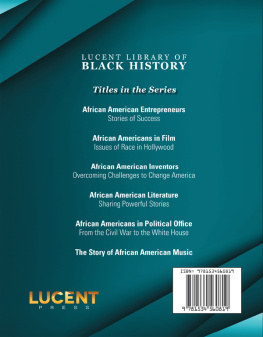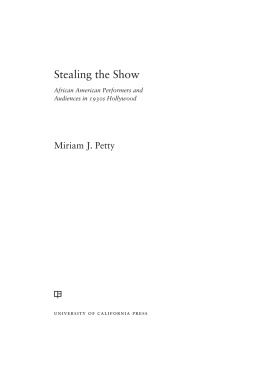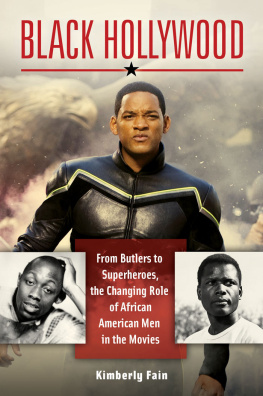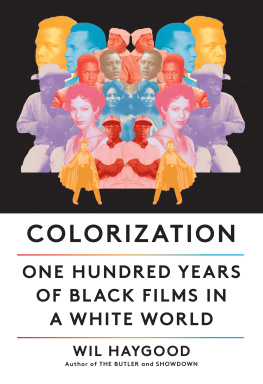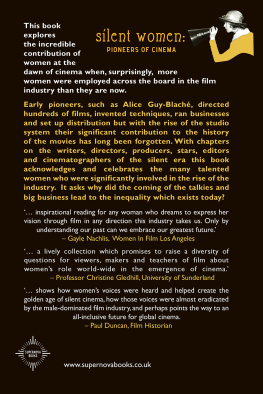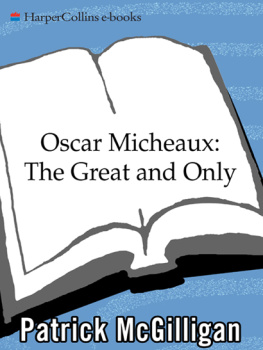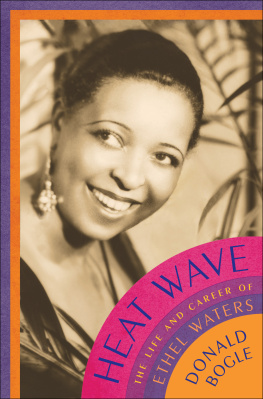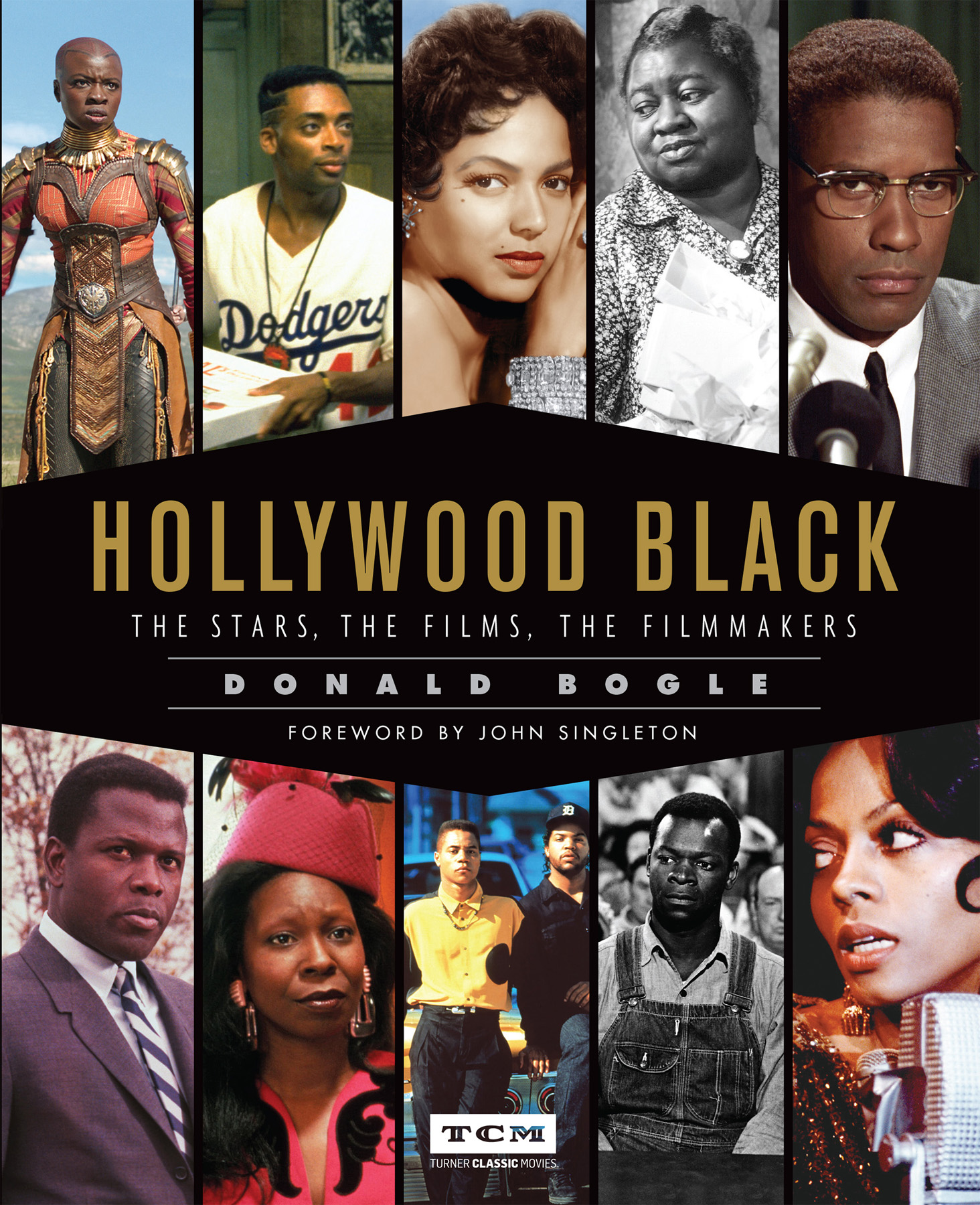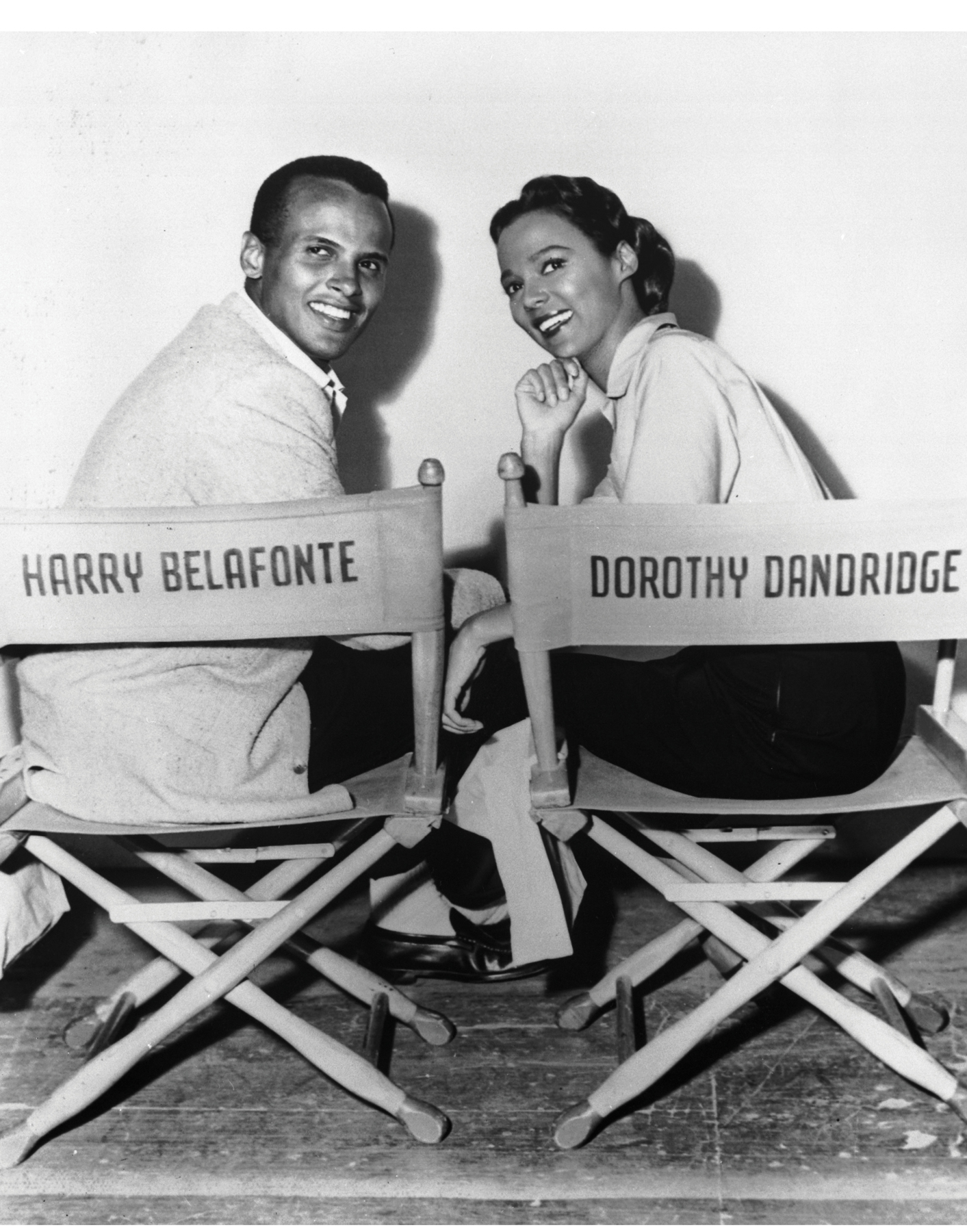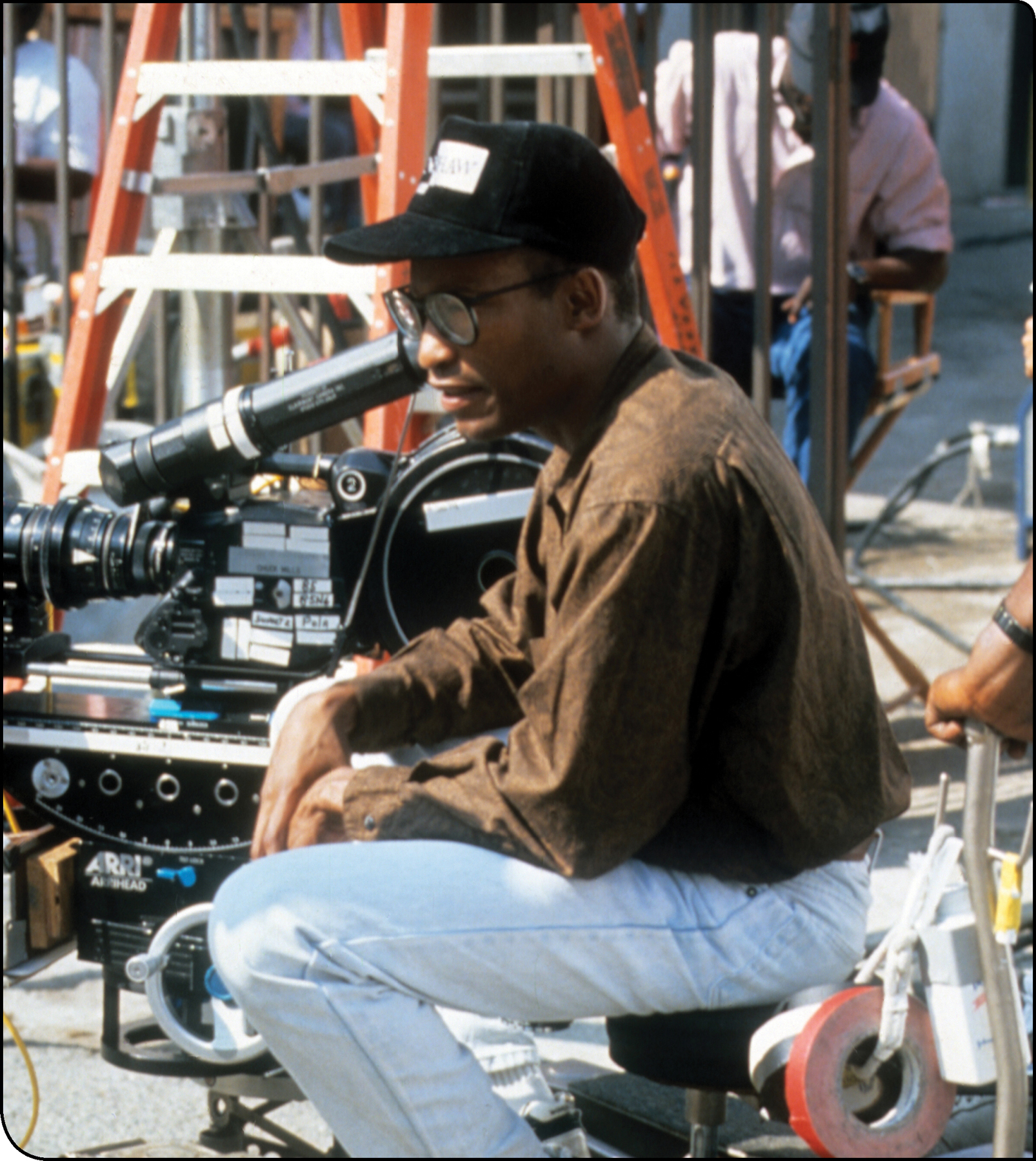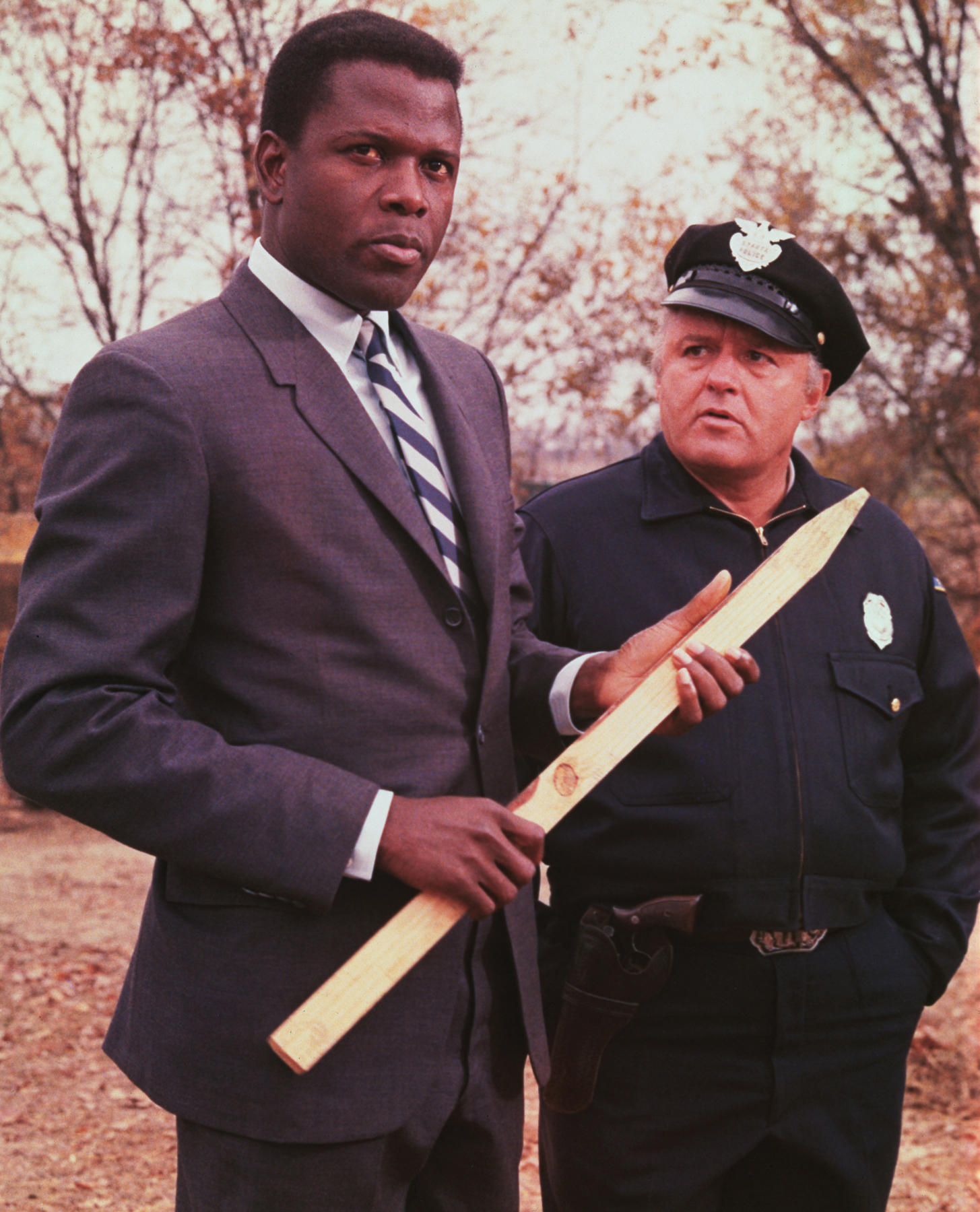Donald Bogle - Hollywood Black: The Stars, the Films, the Filmmakers
Here you can read online Donald Bogle - Hollywood Black: The Stars, the Films, the Filmmakers full text of the book (entire story) in english for free. Download pdf and epub, get meaning, cover and reviews about this ebook. year: 2019, publisher: Running Press Adult, genre: Non-fiction. Description of the work, (preface) as well as reviews are available. Best literature library LitArk.com created for fans of good reading and offers a wide selection of genres:
Romance novel
Science fiction
Adventure
Detective
Science
History
Home and family
Prose
Art
Politics
Computer
Non-fiction
Religion
Business
Children
Humor
Choose a favorite category and find really read worthwhile books. Enjoy immersion in the world of imagination, feel the emotions of the characters or learn something new for yourself, make an fascinating discovery.

- Book:Hollywood Black: The Stars, the Films, the Filmmakers
- Author:
- Publisher:Running Press Adult
- Genre:
- Year:2019
- Rating:5 / 5
- Favourites:Add to favourites
- Your mark:
Hollywood Black: The Stars, the Films, the Filmmakers: summary, description and annotation
We offer to read an annotation, description, summary or preface (depends on what the author of the book "Hollywood Black: The Stars, the Films, the Filmmakers" wrote himself). If you haven't found the necessary information about the book — write in the comments, we will try to find it.
The story opens in the silent film era, when white actors in blackface often played black characters, but also saw the rise of independent African American filmmakers, including the remarkable Oscar Micheaux. It follows the changes in the film industry with the arrival of sound motion pictures and the Great Depression, when black performers such as Stepin Fetchit and Bill Bojangles Robinson began finding a place in Hollywood. More often than not, they were saddled with rigidly stereotyped roles, but some gifted performers, most notably Hattie McDaniel inGone With the Wind(1939), were able to turn in significant performances.
In the coming decades, more black talents would light up the screen. Dorothy Dandridge became the first African American to earn a Best Actress Oscar nomination forCarmen Jones(1954), and Sidney Poitier broke ground in films likeThe Defiant Onesand1963sLilies of the Field.Hollywood Blackreveals the changes in images that came about with the evolving social and political atmosphere of the US, from the Civil Rights era to the Black Power movement. The story takes readers throughBlaxploitation, with movies likeShaftandSuper Fly, to the emergence of such stars as Cicely Tyson, Richard Pryor, Eddie Murphy, and Whoopi Goldberg, and of directors Spike Lee and John Singleton.
The history comes into the new millennium with filmmakers Barry Jenkins (Moonlight), Ava Du Vernay (Selma),and Ryan Coogler (Black Panther); megastars such as Denzel Washington, Will Smith, and Morgan Freeman; as well as Halle Berry, Angela Bassett, Viola Davis, and a glorious gallery of others.
Filled with evocative photographs and stories of stars and filmmakers on set and off,Hollywood Blacktells an underappreciated history as its never before been told.
Donald Bogle: author's other books
Who wrote Hollywood Black: The Stars, the Films, the Filmmakers? Find out the surname, the name of the author of the book and a list of all author's works by series.

